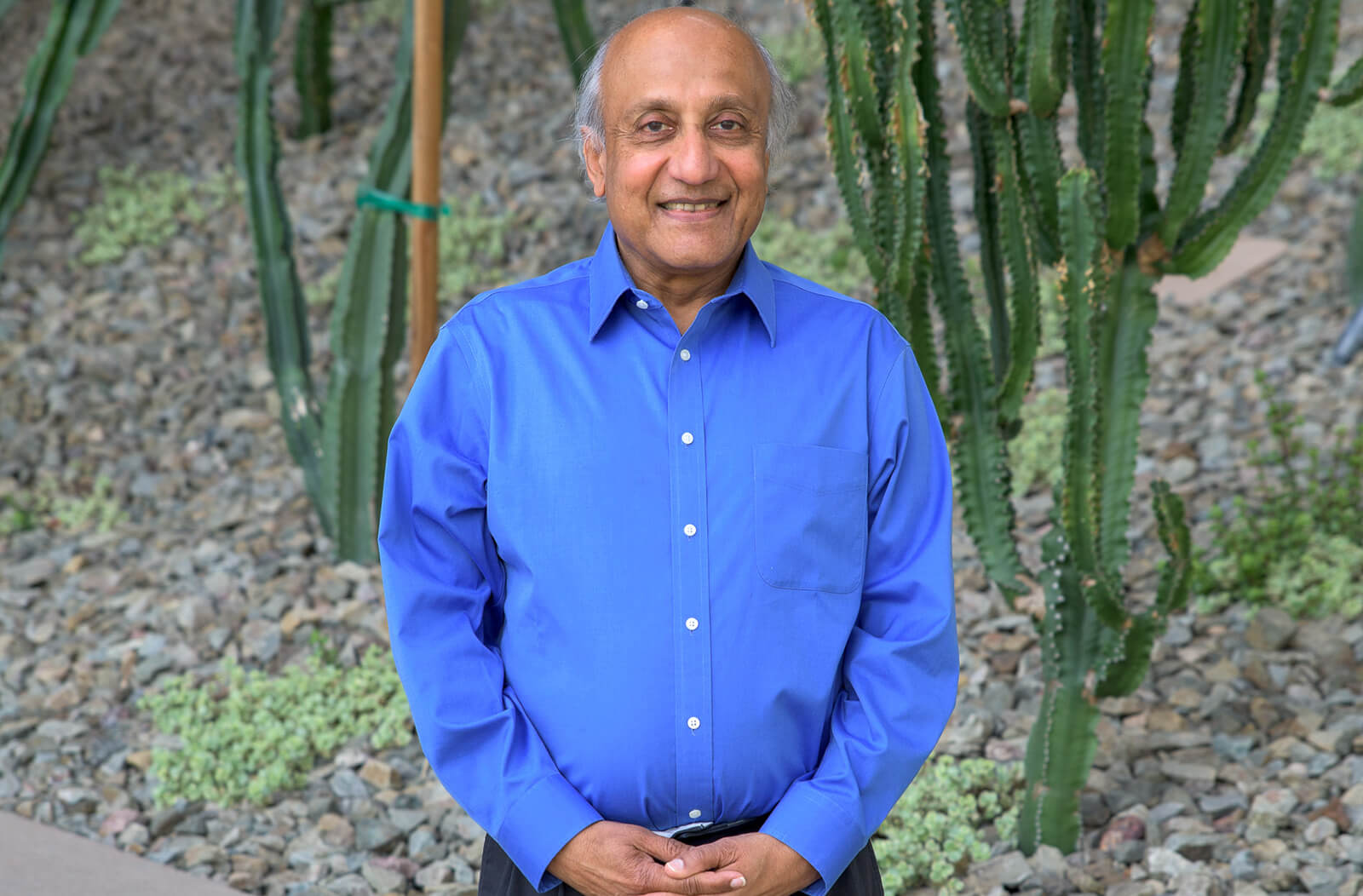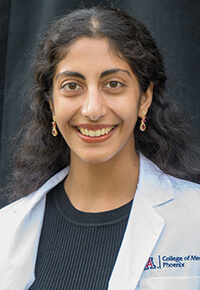
Tech Launch Arizona Software/App Challenge Winning Projects Announced

Tech Launch Arizona (TLA) — in collaboration with University of Arizona Research, Innovation and Impact and Arizona FORGE — announced the winners of its Impact Software/App Challenge. The panel of judges selected five teams to receive funding. The Impact Software/App Challenge invited faculty and students to develop software-based solutions to real-world problems and compete for the $150,000 of grant funding.
“The University of Arizona has many talented people with great ideas for solutions to real-world problems, but they all too often don’t pursue those ideas due to real, and perceived, costs. Innovation challenges like this one remove those barriers and allow innovators to take ideas further, not only creating entrepreneurial opportunities for themselves, but possibly more importantly, moving ideas to prototypes and potentially creating real, positive impact for the public,” said Doug Hockstad, assistant vice president of TLA.
Technology Creates Health Care Apps Without Coding Expertise

"We are developing technology that will allow researchers and health care providers to create patient self-management apps without having to write code," said Dr. Iyengar. "Our goal is to help researchers and medical professionals address health disparities and engage patients in managing their conditions through rapid development of smartphone apps."
The key to solving this real-world problem required a quick, nimble development environment to create native Android and iOS apps. Using a visual point-and-click and drag-and-drop, no-code interface, the system would allow for the speedy development of such apps without the need for deep expertise in coding. The system proposed by the team will allow providers to assemble information customized for specific patient populations, such as advice on specific health issues in user-friendly formats. The platform will use easy-to-understand images and videos of doctors and nurses.
Dr. Iyengar, Ms. Shriram and Mr. van Allen also outlined a vision for the technology to serve as the basis for a company that will bring the solution to health care institutions. Institutions who adopt the system could realize substantial cost and time savings by enabling patients to self-manage their conditions with customized guidance from their care providers.
Case Competition May Bring Concept to Market
The team will complete their project and present their final solution at a pitch competition hosted by TLA in January 2022 for an opportunity to win additional prizes. Stakeholders, including prospective investors, will discuss outcomes, ensure understanding of commercialization factors and, if appropriate, identify next steps. The winners of the case competition will receive prizes, including additional resources to prepare the technology for commercialization.
Topics
About the College
Founded in 2007, the University of Arizona College of Medicine – Phoenix inspires and trains exemplary physicians, scientists and leaders to advance its core missions in education, research, clinical care and service to communities across Arizona. The college’s strength lies in our collaborations and partnerships with clinical affiliates, community organizations and industry sponsors. With our primary affiliate, Banner Health, we are recognized as the premier academic medical center in Phoenix. As an anchor institution of the Phoenix Bioscience Core, the college is home to signature research programs in neurosciences, cardiopulmonary diseases, immunology, informatics and metabolism. These focus areas uniquely position us to drive biomedical research and bolster economic development in the region.
As an urban institution with strong roots in rural and tribal health, the college has graduated more than 1,000 physicians and matriculates 130 students each year. Greater than 60% of matriculating students are from Arizona and many continue training at our GME sponsored residency programs, ultimately pursuing local academic and community-based opportunities. While our traditional four-year program continues to thrive, we will launch our recently approved accelerated three-year medical student curriculum with exclusive focus on primary care. This program is designed to further enhance workforce retention needs across Arizona.
The college has embarked on our strategic plan for 2025 to 2030. Learn more.